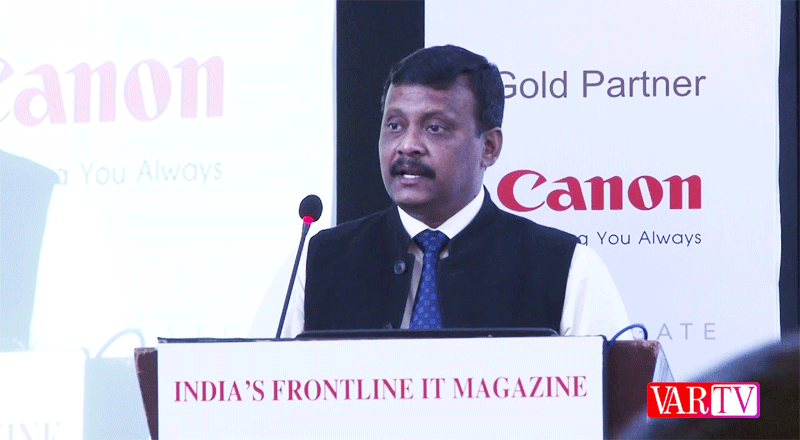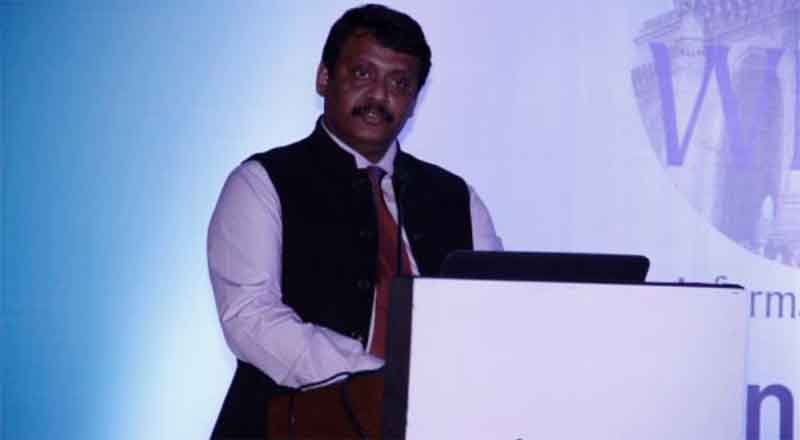
Singer Sona Mohapatra Condemns Rahul Gandhi's Remarks on Aishwarya Rai
- Singer Sona Mohapatra has taken a stand against Congress leader Rahul Gandhi's recent comments targeting Prime Minister Narendra Modi and Bollywood actress Aishwarya Rai.
- During the 'Bharat Jodo Nyay Yatra' in Prayagraj, Rahul Gandhi made remarks questioning the absence of OBCs and Dalits at the Ram Temple inauguration.
- She called out Gandhi, urging him to refrain from demeaning women for political gain.
- Gandhi's criticism extended to the lack of representation of farmers, laborers, and small shopkeepers at the Ram Temple event.
- Mohapatra's stance highlights the importance of respecting individuals regardless of their gender or profession and calls for a shift in political discourse away from demeaning rhetoric.
Expressing her disapproval, Mohapatra questioned the necessity of such remarks in an already sexist environment. She called out Gandhi, urging him to refrain from demeaning women for political gain, reminding him that even his family members, like his mother Sonia Gandhi, and sister Priyanka Gandhi, have faced similar treatment in the past. Mohapatra emphasized Rai's talent, stating, "Aishwarya Rai dances beautifully," redirecting the focus to her artistry rather than reducing her to mere objectification.
Gandhi's criticism extended to the lack of representation of farmers, laborers, and small shopkeepers at the Ram Temple event, contrasting sharply with the presence of billionaires and celebrities. This disparity, according to Gandhi, highlighted the privilege enjoyed by a select few while ignoring the struggles of ordinary citizens. Mohapatra's stance highlights the importance of respecting individuals regardless of their gender or profession and calls for a shift in political discourse away from demeaning rhetoric. Her criticism underscores the need for politicians to focus on substantive issues rather than resorting to divisive tactics or exploiting individuals for political gain. As debates around representation, privilege, and inclusivity continue to shape political discourse in India, Mohapatra's vocal opposition serves as a reminder of the importance of holding leaders accountable for their words and actions, particularly when they perpetuate harmful stereotypes or marginalize certain groups in society. In a landscape marked by complex social and political dynamics, Mohapatra's advocacy for dignity and respect resonates, urging leaders to prioritize inclusivity and equality in their rhetoric and actions.(With inputs from agencies)











